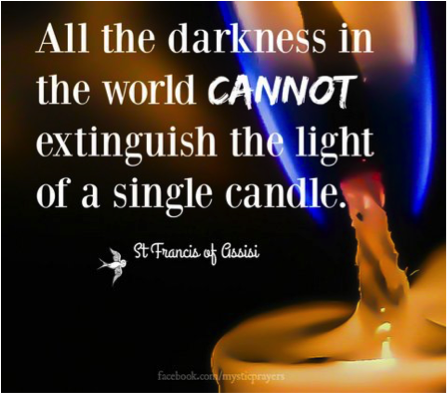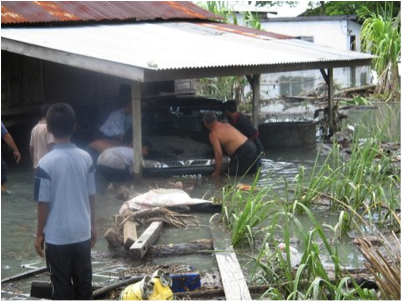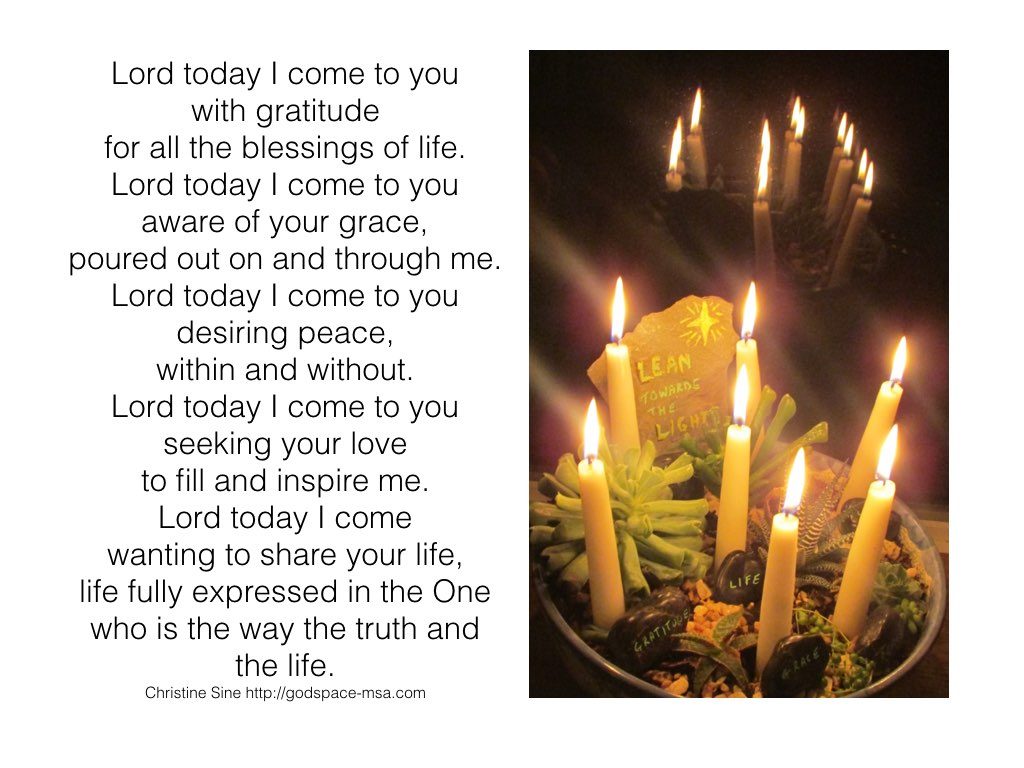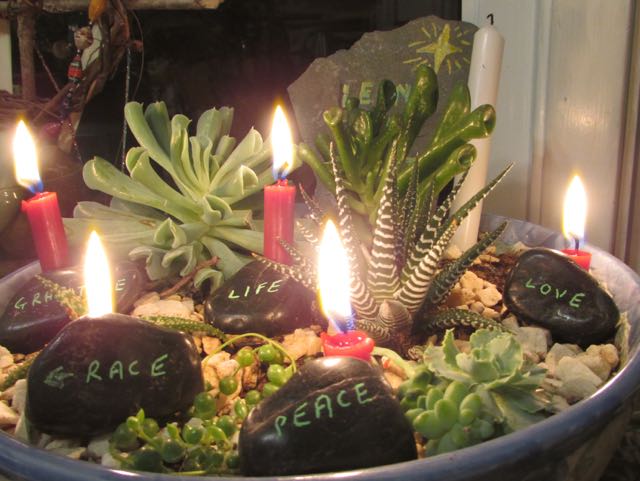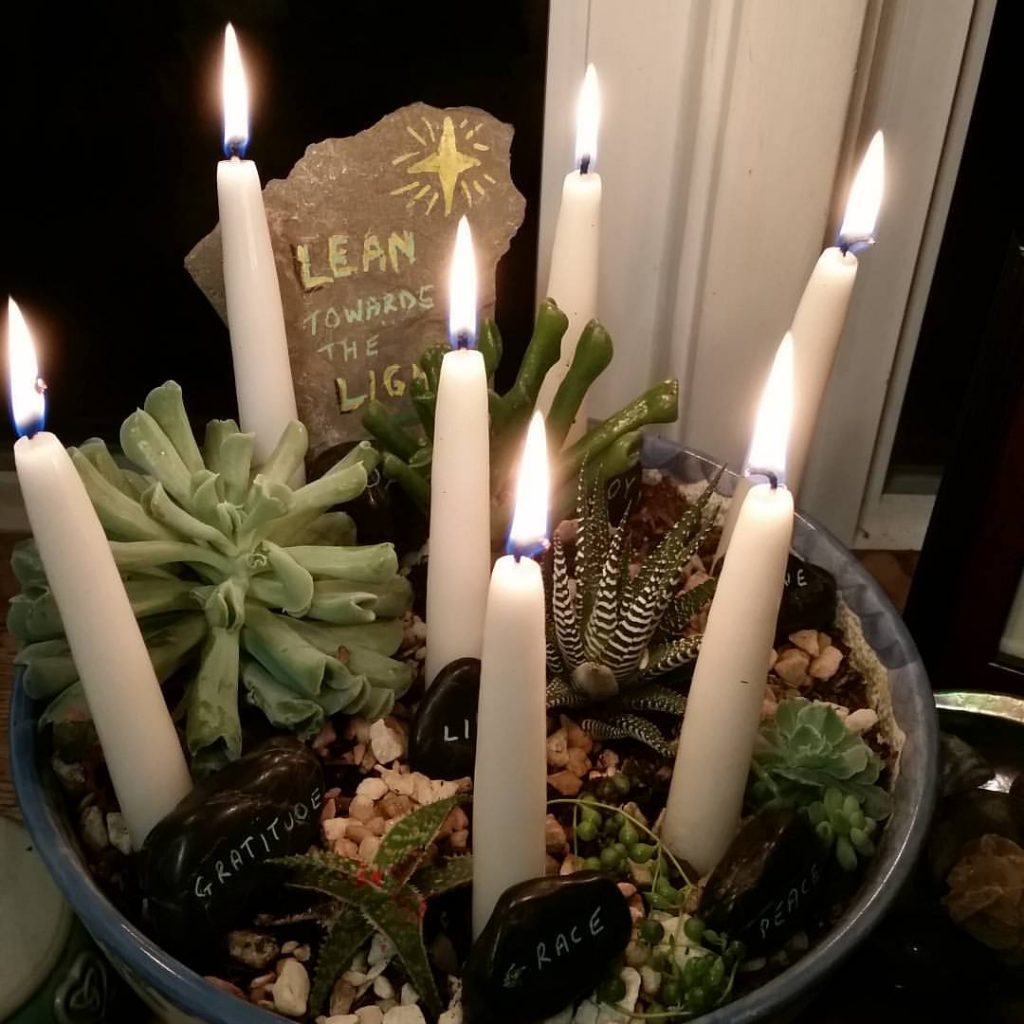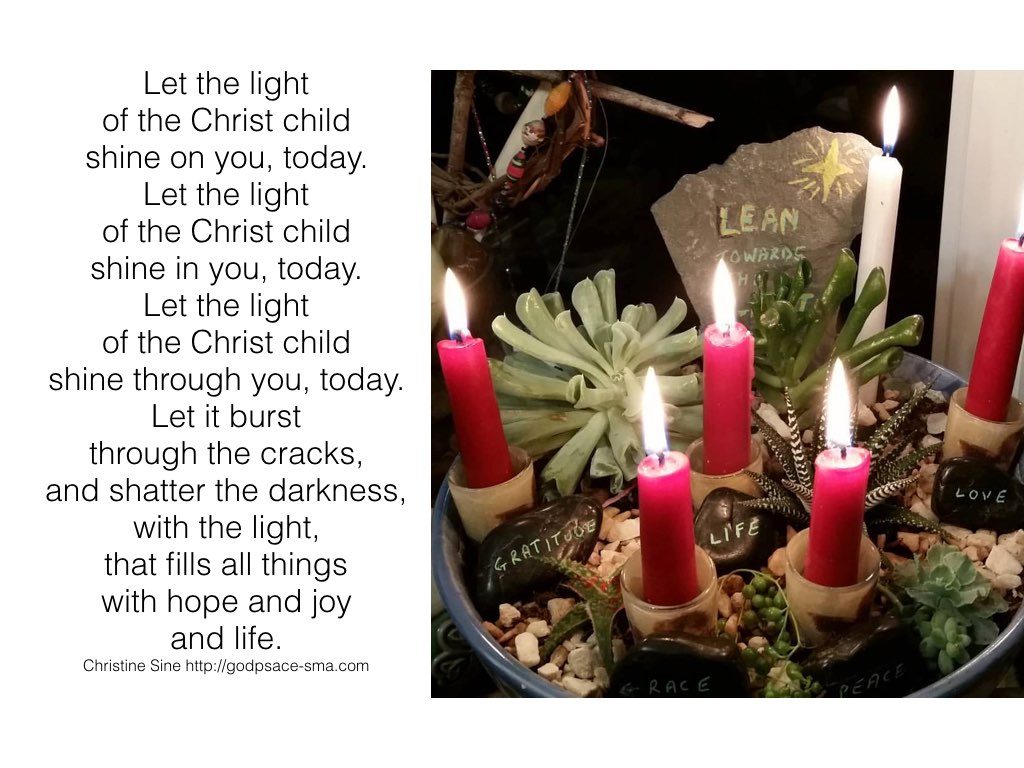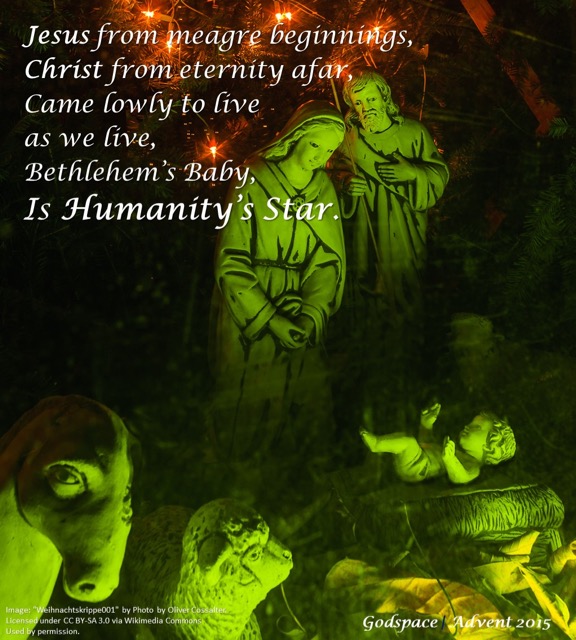On 25 December 2004 my husband Karl and I made our way on ferry across gleaming waters to the paradise of Langkawi Island in Malaysia. Christmas on honeymoon, on one of the most glorious islands of the world! Little did we know that a mere 24 hours later the world would look so different for so many when an earthquake hit Sumatra and sent shockwaves in the form of very disturbed waters, in fact a frightening tsunami rushing towards the coastlines of many nations.
We went for a morning walk after breakfast on the morning of the 26 December, to find a great recession of water and wandered around looking for shells thinking this was some peculiar island low tide phenomenon. In the bliss of honeymoon, I found myself totally forgetting the advice of a former geography teacher – to always run in the opposite direction when you see a strange pulling back of the tides. Then the waves started coming in again from the right and swirling around toward the left, turning over a jet-ski and surging under a yacht that managed somehow to stay afloat.
It was then that we decided to rent a motorbike, to move onto higher terrain and away from the uncertain waters. We rented a bike and headed off, but Karl stopped along the way to see if we could dry off a poor drenched kitten affected by the first set of waves. Then Karl panned the video camera around and we saw a dark wave of water headed towards us. And we could see it was not going to stop at the shore.
“Get on the bike!”
But we could not see the ignition which was tucked out of sight as the hotel had started it for us!
“RUN! RUN!!!”
So Karl and I ran a short distance up a curved bridge and watched as the water surged over the road, and under the bridge upriver, like a river in flood, but in the wrong direction. We realised we would have been stuck in the water if we had not stopped by the side of the road. And then the sight of the muddy homes filled with water, the wrecked cars and damaged property. But no loss of life that we knew of on Langkawi Island. Little did we know that a couple hundred kilometres north of us in Thailand, people by the thousands were losing their lives. The local paper showed the rising toll of deaths, but we remained strangely numb to the reality of the facts. It was only when we came back home and watched footage my Dad had recorded for us that the tears began to flow.
When Christmas time comes with such tragedy, it reminds me of the reeling shock of recent world events, so close to the celebration of our Saviour’s birth. This can throw us into confusion and dismay. We don’t know how to process the horror of such uncontrollable events.
But the light that shines so brightly through the coming of Jesus to earth, who was willing to suffer unimaginable pain for us and carry the sufferings of the world, outweighs the greatest turmoil and puts us into a place of perspective once again. The question is, how do we shine the light of hope into a world disorientated by such uncertainty? How do we shine this light into so many great and diverse needs?
Friends of ours, Don and Margie Cook, began an organisation called Hands on Houses (www.handsonhouses.com) to build homes for the very poor, widows and disabled people in coastal villages of South India.
They have been there for 8 ½ years and have built 131 houses with a small team of 4 and then 12 local men. Margie and Don are planning on starting Hands on Houses in Malawi too, hopefully in 2016, and are currently waiting on donations to make this a possibility.
The inspiration of this couple shows me how it is possible to take the light of Christ and make it a reality to so many in need of light. How Jesus causes resurrection and rebirth to take place through ordinary people like you and me, so that other ordinary people can experience these miracles too. People whose lives turn around by acts of mercy, acts of kindness. Widows and disabled people who have never heard of the love of Jesus, now see it demonstrated through hands of love and action that bring them a new hope for life and a complete turnabout of destiny.
But how do we see the afflicted in our own neighbourhoods? When we can’t be with people who have been affected by these disasters around the world in a physical way, we can look to see the people God places in our day to day life and shine our light of hope and possibility, right here and now – in our churches, our workplaces, our families, our communities. And we can listen for the prompting of the Holy Spirit about where to reach out with the loving action of God’s compassionate grace.
Our church is neighbours with a township called Vrygrond, a community of many mostly African nations all gathered into one place. Some other inspiring friends of ours, Anton and Elana Cuyler, left England where they had been living for some time, and came back to their homeland trusting that God would show them what to do when they got here. They felt to come to Muizenberg, and were led to the Bay Community church.
Incrementally over the past number of years, God has opened door after door and led them step by step to reach into the Vrygrond community with hope, love and empowering action. The miracle of the Sozo Foundation is bringing hope to people with often fewer options in life, opening doors of education, home improvement, vegetable gardening, and training young people in skills that can create job opportunities for them.
These beautiful people inspire me with hope once again. I see how it is possible to take one small step into your field of influence and beyond into the corners of the world, and lean the light of Christ into places of great need. To start seeing lights lit up all over the place as we join spirit with the many people all over the world who also have a heart to see the miracle of transforming love overcome the darkness. We agree with the heart of St Francis, that yes, the darkness cannot extinguish the light of even one small candle. And when we light the flame of love, we will find around us the lights of many flames and the flames when they burn together will show that love wins out over chaos and tragedy every time.
Take some time to meditate on the Hope of the world – how nothing takes God by surprise and how the light will always outshine the darkness in our own hearts and lives and into the furthest reaches of the world. How God reorients our hearts to His compass of peace and gives us a God-view of events.
As we intercede for the people of this world, we will not underestimate the power of our prayers, these humble prayers. When we are rooted and established in Christ, we are moved to do what God calls us to do and be who he calls us to be at such a time as this. We take hope in the coming of Christ. Again and again, He comes into the heart of the world’s greatest need. And we know that rebirth and resurrection are miracles He will continue to alight in the hearts and lives of people, as He reminds us of the miracles of His birth, death, and resurrection. Nothing can separate us from the love of God that is in Christ Jesus our Lord. And so we know and rely on the love of God.
The light shines in the darkness and the darkness has not overcome it. John 1:5
Now that Christmas Day is over I find myself reflecting on the practices I established over this season of celebration and what kept my faith alive. As many of you know I started a practice several years ago of planting an Advent garden to give me focus. Then I added a week for gratitude. I filled it with candles and painted rocks.
This year I took this practice even further. At our preAdvent retreat I chose five themes for the coming weeks and painted them on rocks so that I would have a different focus for each week. My themes were a little different from the traditional Advent themes – I chose gratitude, grace, peace, life and love. This week I replaced the red candles with white ones and added another couple of painted rocks with joy and hope written on them to provide focus for the 12 days of Christmas. This has made that one of the most meaningful Advent and Christmas seasons I have ever had.
What is Your Response?
Now that the Christmas rush is over, take time to think back over the practices you established for the season. What was most meaningful for you? What helped you focus your faith on what really matters at this season? What gave you stability and peace during this season? How could you improve this in the coming years?
Part of what I loved about this practice was the way it grew as Christmas approached. My weekly theme became a phrase that prompted me to pray, and this week I am adding scriptures. It has been a living expression of faith that I am sure will have implications for the year ahead. Here is what my practice has become:
Lord today I come to you with gratitude.
- for all the blessings of life – for family and friends, for joy in work, for resilience in the face of adversity….
- (this list changes each day as I think about what God has given me to be grateful for).
Lord today I come to you aware of your grace.
- poured out on me, in me, through me.
- Grace that forgives when I do not deserve it, grace that guides patiently when I resist, grace that leads me into wholeness….
Lord today I come to you desiring peace.
- peace within to calm and centre my soul.
- peace to strengthen my community.
- peace to fill our world, especially…..
Lord today I come to you seeking to be filled with love
- love that is patient and kind.
- love that is generous and giving.
- love that forgives all things and casts out fear……
Lord today I come to you to share your life.
- life fully expressed in Jesus our redeemer.
- life from the One who is the way, the truth and the life.
- life emerging where there has been darkness in me, in those I love and in our world….
Lord today I come to you filled with joy.
- Joy for a saviour who came and moved into our neighbourhood.
- Joy for new birth, new possibilities for the future….
Lord today I come to you finding hope.
- Hope in the promise that you are indeed making all things new.
- Hope in the seeds you have planted that are beginning to grow…..
Sit with your own practice, listen to this wonderful Christmas song and allow God to grow and expand your appreciation of this season. What new things might God say to you through this?
by Christine Sine
Now that Christmas Day is over many of us feel let down because the day we have been anticipating for so long is over. The malls strip their elaborate decorations and junk their remaining Christmas stocks with huge 50-70% off sales. The Christmas wreaths and trees are thrown out for the garbage collectors and our frenzied activities give way to a low grade depression.
Christmas isn’t really over. In the sixth century it was decided that celebrating Christmas just for a day didn’t provide time to celebrate all the joy that Christ’s birth brought into the world. They made Christmas into a twelve day festival that ended with a feast on the Eve of Epiphany on January 5th to celebrate the coming of the wise men and the emergence of God’s eternal kingdom. Yep that’s right, for those of us who are Christ followers, the 12 days of Christmas begin with Christmas Day they don’t end there as many malls would have us believe. In countries where this understanding of Christmas has not been co-opted by the commercialism of our society Christmas trees are not decorated until Christmas Eve and remain in the house sparking with light and life until the Eve of Epiphany.
What I love about this season of Christmas is that that in many ways we have it to ourselves. The consumer culture has discarded the season. We are just beginning to celebrate.
This is the season when we are meant to celebrate with joy and gratitude the wonder of a God whose love is so great that he sent a much loved son to dwell amongst us. How incredible! How wonderful! Lets take advantage of every day of the Christmas season.
Shout to the nations, sing to the whole earth,
The Eternal One reigns!
The world is anchored by his presence
and will not shake loose.
So, let the heavens resound in gladness!
Let joy be the earth’s rhythm
as the seas and all its creatures roar.
Let the fields grow in triumph
a grand jubilee for all that live there.
Let all the trees of the forest dig in and reach high
with songs of joy before the Eternal one.
For Christ our saviour the One who is faithful and true
has come.
His throne was established from the beginning of the world.
He will set the world right by his truth and justice.
His righteousness and peace and wholeness
will last through all eternity.
(Adapted from Psalm 96).
Lets Take Action:
Sit down with your family or friends now that Christmas day is over – read the story of the angels appearing to the shepherds in the fields. Imagine it. Christ’s birth was so incredible that even the angels were excited. In fact they were so excited that they could not contain themselves. They had to break into the earthly realm with shouts of joy proclaiming that the promised Messiah had come to live amongst us.
Discuss your reactions to this story and to the whole account of the birth of Christ. When you read through the gospel account how do you feel? What is your earliest memory of Christ appearing to you? Share how you felt at that time and talk about the difference that Christ’s presence has made in your life.
Now ask yourselves: What most excites you today about the presence of Christ in your life? How does his presence impact the way you live? Next discuss ways that you could share the joy of Christmas with others during the following days. You might like to write down one suggestion for each of the 12 days of Christmas that could extend the joy of the season to others
Here are some suggestions. Do you know people that are alone at this season? Take them out for a meal or invite them to go skiing or if you are in the southern hemisphere, swimming with you. Share with them your reasons for continuing to celebrate the joy of Christmas beyond December 25th. Do you know people who are disabled? Take them for a drive around your neighbourhood to enjoy the Christmas lights. Do you have friends, acquaintances or family your rarely speak to? Phone one person each evening during Christmas to share your joy with them.
It Isn’t All About Joy
Of course it isn’t all about joy and good feelings though. Those familiar with the liturgical calendar are aware that the day after Christmas day is also the feast of St Stephen the first martyr, a reminder that coming to the manger and taking discipleship seriously is not about fuzzy feelings and a warm glow.
If you are looking for music to celebrate the Feast of St. Stephen and Boxing Day as some of us call this second day of Christmas, consider Good King Wenceslas. The story of this carol is about Wenceslas braving harsh winter weather to give alms to the poor on the Feast of Stephen (Dec. 26th).
Now is a great time to reflect on how we want to follow Christ throughout the year. Now is the time to think about how we focus our entire lives on that deep longing within our hearts for the wholeness, peace, and abundance of God’s emerging new world.
For me the more relaxed season after Christmas Day is a great time to think about my observances throughout the year. Tom & I usually take on of our retreats during these days. This year we will not be doing that but I still plan to take time to sit quietly and listen for the voice of God sharing with me hopes, expectations and longings for the coming year.
Jesus from meagre beginnings,
Christ from eternity afar,
Came lowly to live as we live,
Bethlehem’s baby,
Is Humanity’s Star.
Jesus’ obedient parents,
Embodying faith implicit of trust,
Trusted their inner light,
Because they knew they must.
Tired and poor of spirit,
As they followed the will of the Father,
Yet, young mother-to-be Mary,
No other thing done would she rather.
That virginal dear Advent,
God’s coming here to earth,
Light of light for our path,
The pregnant power,
In that one Baby’s birth.
Drawing back now into the present,
Humanity’s Star: our Lord,
Thousands of Advents of past,
Can’t dim passion, for him
Alone who is, the world over, adored.
by James Prescott
I’ve always struggled with seasonal affective disorder. I need to get up at 6am for work each weekday morning – and it’s noticeable that in the summer months, when it’s light outside, it’s pretty easy to get myself going. In winter, however, the nights are longer, and it’s still dark outside when I wake – and I find it tougher to get up.
There’s actually science behind this. The sun gives off something called seratonin, which increases our energy levels, and which our body needs, and can even impact our mood. So in summer we get more of that in the morning (and during the day generally), so it’s a lot easier to get up early, and we’re less tired, and our mood is brighter.
Recently, I’ve been struggling with low moods, anxiety, and have had conflicts in my one to one relationship with God. Hurt going back decades has been more exposed, God making it very clear He wanted to deal with this.
One area of my life which was bringing anxiety was work. I was struggling with a relationship with an individual at work and there was a lot of tension. I was at home group sharing this with people, and God gave me a revelation. I realised, when I get up to go to work, it’s dark. When I get to the underground rail station it’s dark. And on the London Underground, it’s dark.
But when I arrive at the station near my work, and walk up the stairs to the outside world, suddenly, light has dawned. I’ve literally gone from darkness, to light.
And I had a revelation. That no matter how dark the night gets, how long the darkness lasts, that eventually morning always comes. Dawn always breaks. Light always comes back eventually. The dawn begins whilst it’s still dark. There’s a moment when light begins to slowly permeate through, more and more, until it takes over. Darkness never, ever, lasts forever.
In response to this, in conjunction with my home group leader, I made a decision. I decided that I would be light to those around me. That instead of choosing fear and anger, and to let darkness literally overwhelm me, I would be an agent of the good, of the light.
I have to say, it changed everything. I repeated it to myself every day to begin with. And eventually it sunk into my subconscious. I was less anxious, less moody, less down. It even helped me get up in the morning.
I began to see so much more clearly the metaphor of darkness and light, in my life, and in the world around me. And for some strange reason, I began to feel a sense of hope in the midst of the darkness this world is in right now.
Which brings me to Christmas.
Because Christmas is about light in the darkness. In the midst of a dark night, a baby is born to bring hope to the world. In the darkness of the night, wise men see a light leading them toward the hope of the world. Shepherds up at night, are lit the way towards this saviour.
In every way, Jesus is a light in the darkness.
The physical, I believe, reflects what’s going on in the supernatural. And the fact that the light always comes in the morning, no matter how dark the night, is a symbol, a sign. It’s a promise of God made through creation that no matter how dark things get, there will always be a dawn.
There will always be light.
There will always be hope.
Jesus, is the human representation of that hope. That in a world overwhelmed by fear and darkness, where love, peace and hope seem so distant – there is still, somehow, hope in the midst of it.
That the sun will rise. There will be a new day. Things will get better.
Our job is to trust, to keep faith in the darkness. To be love to the world around us. Indeed, to try and be light in the darkness around us. God has called us all to represent Him to the world, to keep the faith, to keep loving, to keep hoping and acting for a better world.
This Christmas, let us be reminded to never give up hope. And let us be representative of that light to the world.
I love this reflective telling of the story of Christmas and the beautiful images that are used. It is good for us to remember sometimes how small our planet earth is and how special the unique things that happened in the town of Bethlehem are not just for us but in ways we don’t comprehend, for the whole universe.
As an Amazon Associate, I receive a small amount for purchases made through appropriate links.
Thank you for supporting Godspace in this way.
When referencing or quoting Godspace Light, please be sure to include the Author (Christine Sine unless otherwise noted), the Title of the article or resource, the Source link where appropriate, and ©Godspacelight.com. Thank you!

